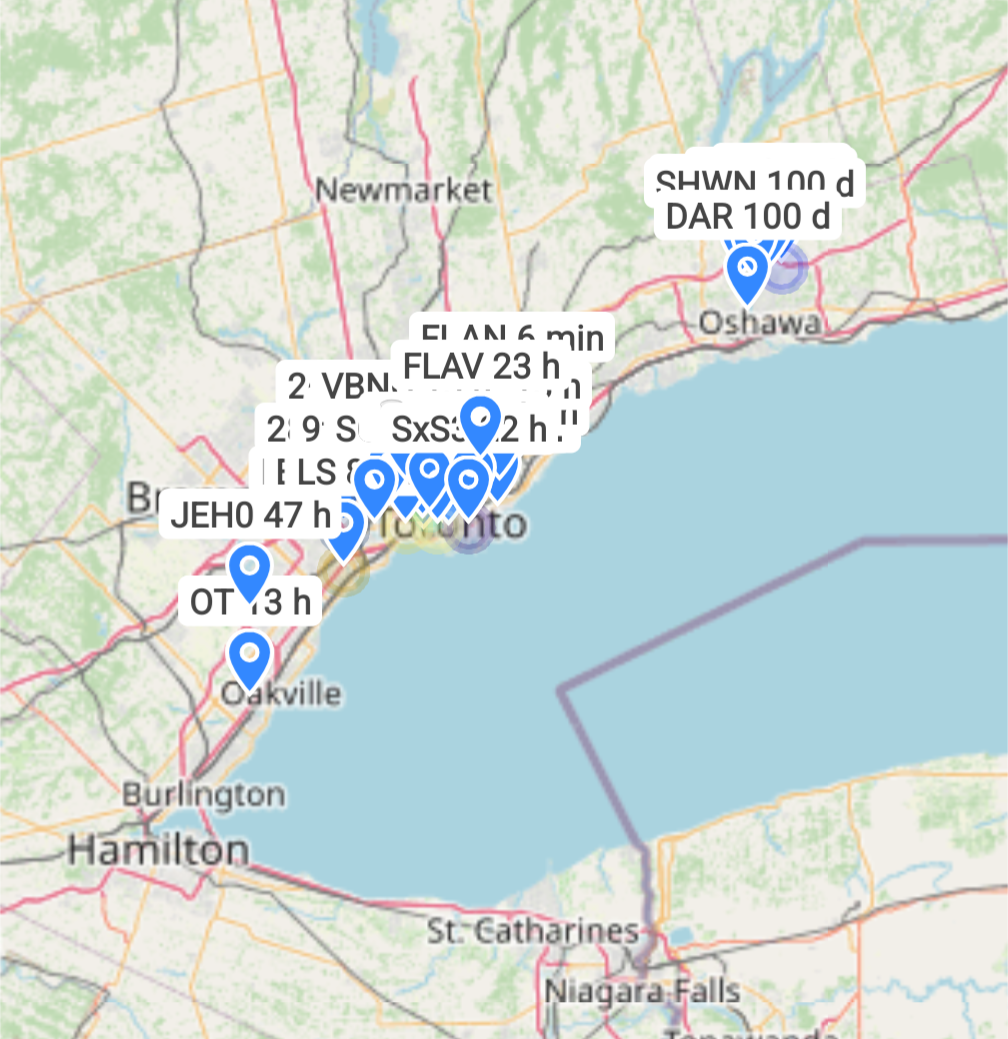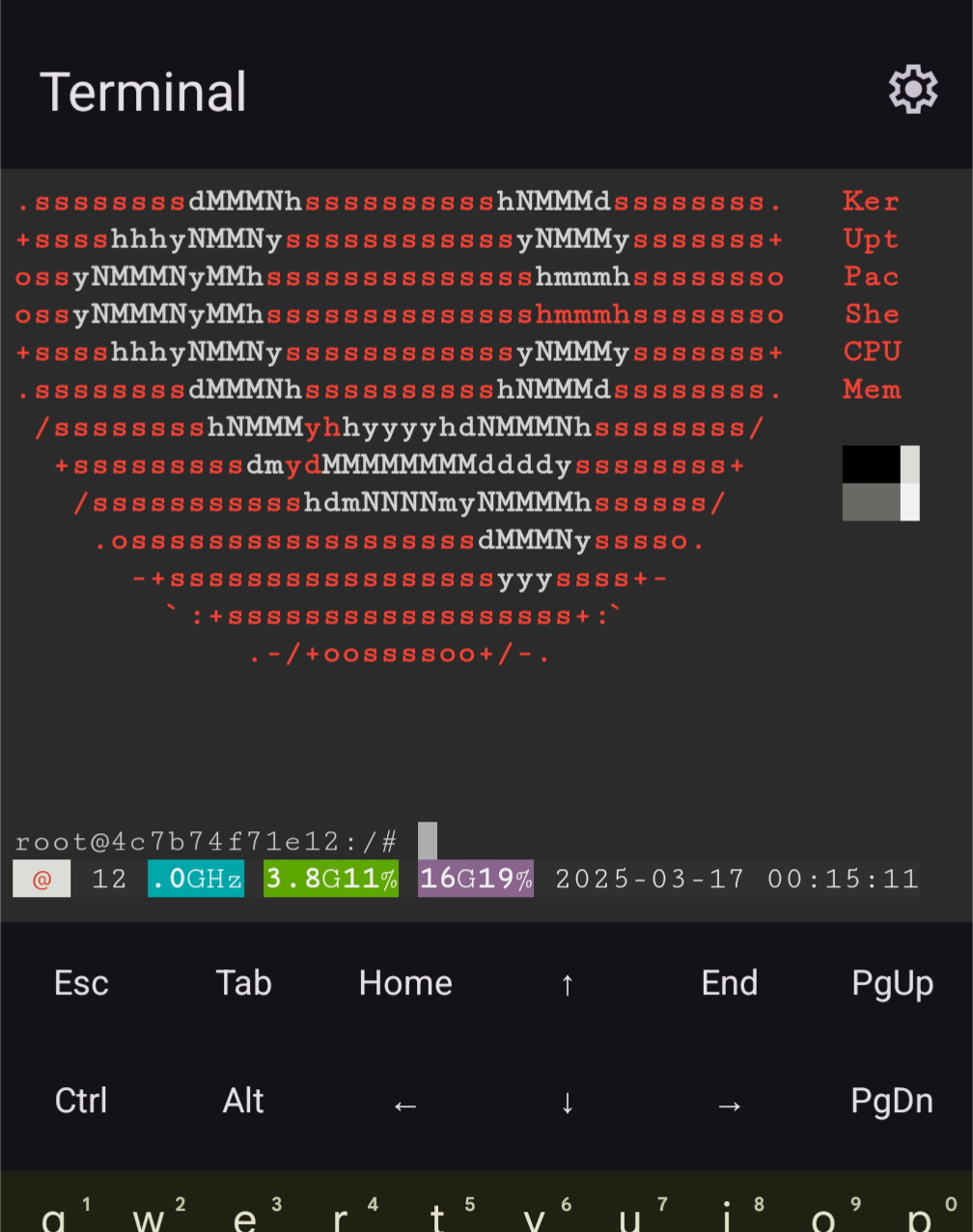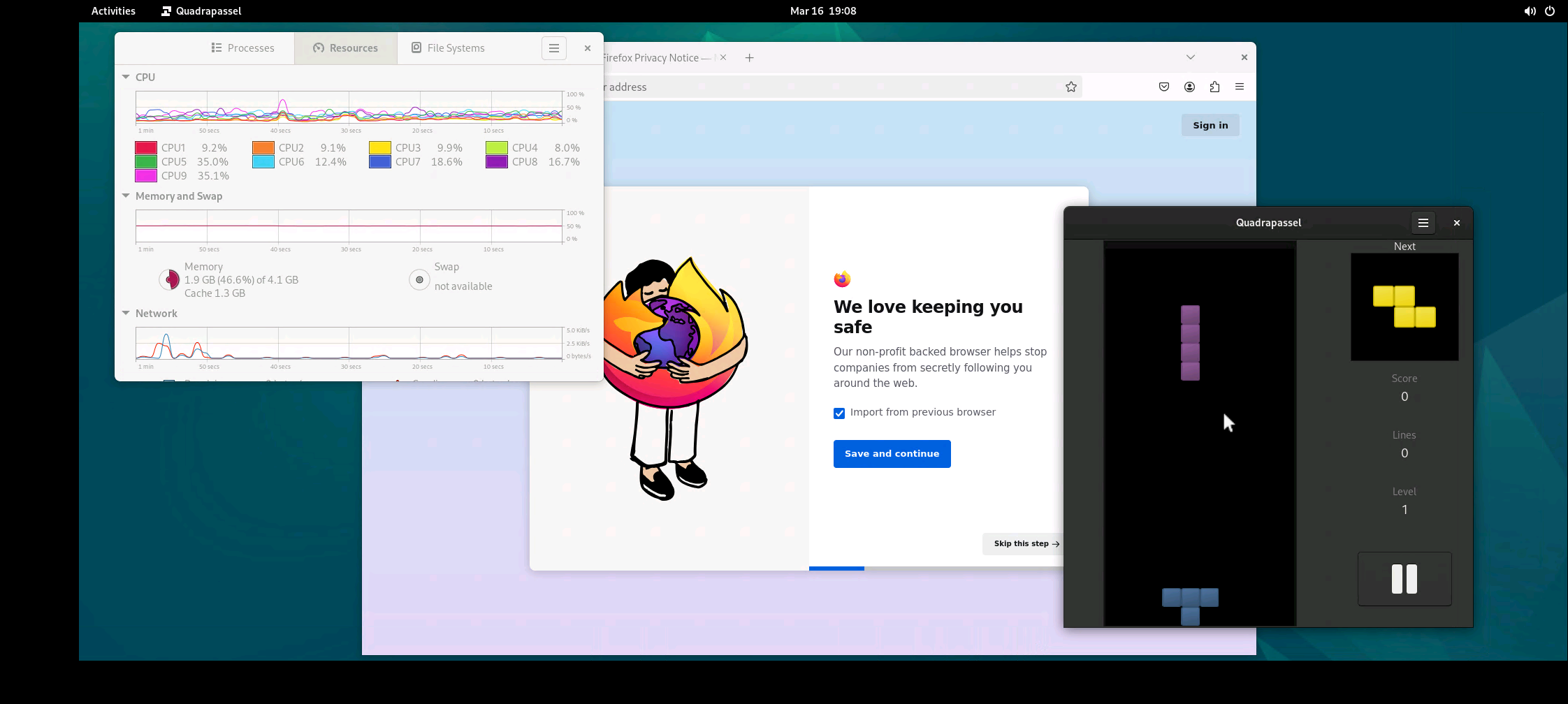

Yeah, that’s all there’s to it, along with pure ignorance. In a past not so ideologically developed life, I’ve written code under Apache 2 because it was “more free.” Understanding licenses, their implications, the ideologies behind them and their socioeconomic effects isn’t trivial. People certainly aren’t born educated in those, and often they reach for the code editor before that.









Goddamn!